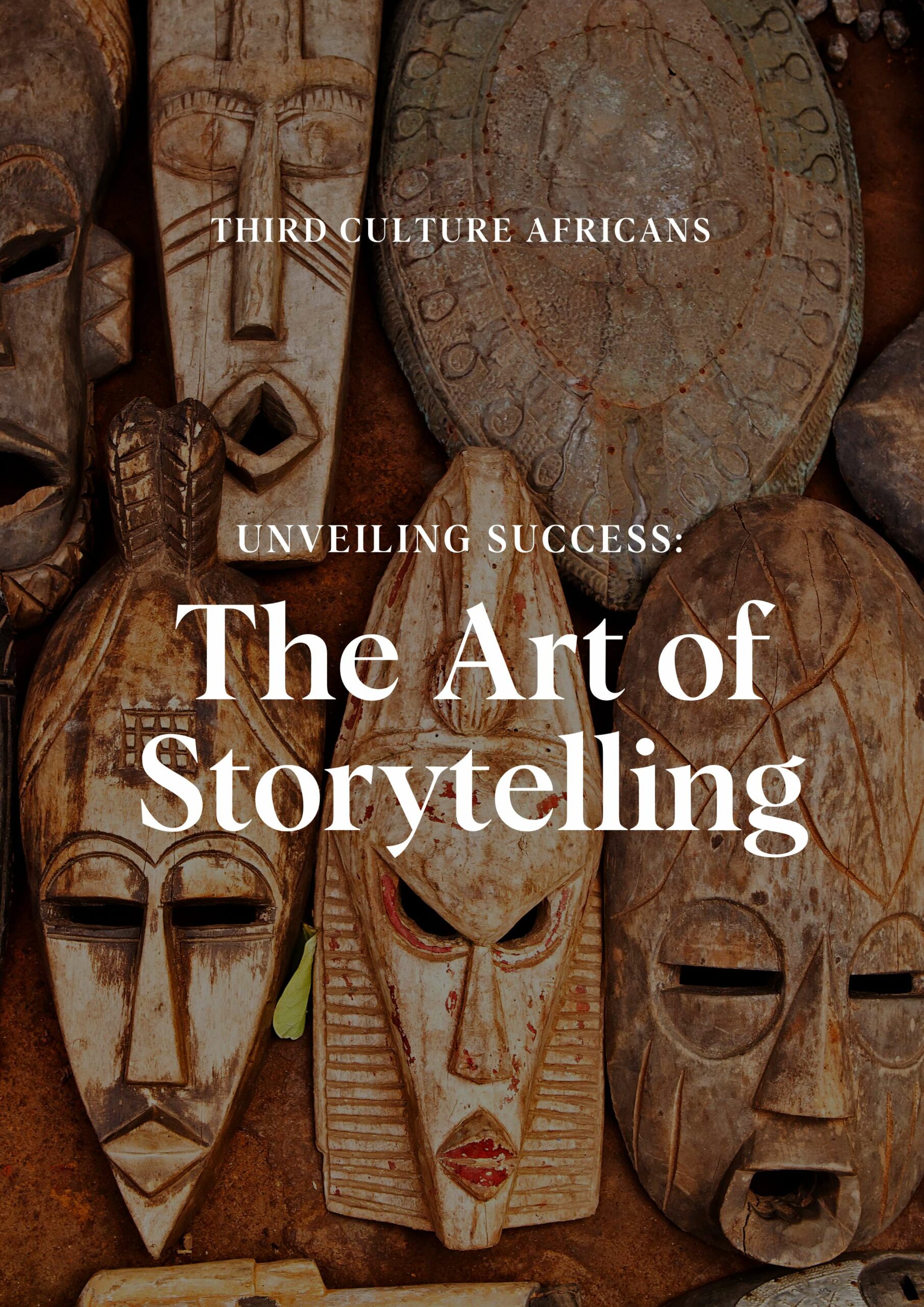In the realm of personal development, the power of reflection serves as a pivotal tool for individuals seeking growth and self-improvement. The act of reflecting on one’s experiences—both positive and negative—enables individuals to gain deeper insights into their thoughts, emotions, and behaviors.
Through this introspective process, they can identify patterns that influence their decision-making and uncover lessons that might otherwise remain obscured. By engaging in reflection, individuals not only enhance their self-awareness but also cultivate resilience, adaptability, and a growth mindset essential for navigating life’s challenges.
The transformative potential of reflection lies in its ability to turn experiences into valuable learning opportunities, fostering a continuous cycle of improvement. This article delves into the various dimensions of reflection in personal development, exploring methodologies that can be employed to harness its benefits.
It emphasizes the importance of creating a structured reflection practice, highlighting how regular engagement with one’s experiences leads to more informed choices and a clearer understanding of personal values and goals.
Ultimately, the article aims to underscore the significance of reflection as a strategic approach in the journey toward self-discovery and fulfillment, inviting readers to embrace this powerful practice in their own lives.
Reflection enhances self-awareness and growth.
Engaging in reflection allows individuals to critically examine their thoughts, behaviors, and experiences, fostering a deeper understanding of their motivations and reactions. By taking the time to contemplate past actions and decisions, a person can identify patterns that may have previously gone unnoticed.
This process not only illuminates personal strengths but also highlights areas for improvement, enabling individuals to set meaningful goals for their growth. As they cultivate a habit of introspection, they become more attuned to their emotional responses and thought processes, which ultimately leads to enhanced self-awareness.
Moreover, the act of reflecting on one’s experiences serves as a catalyst for personal growth. By analyzing successes and setbacks alike, individuals can draw valuable lessons that inform future behavior and decision-making.
This iterative learning process encourages resilience, as individuals learn to navigate challenges with a more informed perspective. As they integrate these insights into their daily lives, they create a foundation for ongoing personal development, leading to more intentional and fulfilling life choices.
In this way, reflection transforms not only how individuals see themselves but also how they approach their relationships and responsibilities in the broader context of their lives.
Regular reflection plays a critical role in enhancing emotional intelligence by allowing individuals to explore their feelings and reactions in various situations.
Learning from mistakes fosters resilience.
As individuals confront and analyze their mistakes, they develop a crucial ability to adapt and recover from setbacks. By recognizing that errors are not merely failures but rather opportunities for growth, they begin to cultivate a mindset that embraces challenges rather than shying away from them.
Each misstep becomes a stepping stone towards greater wisdom and capability, instilling a sense of confidence that encourages them to take calculated risks in the future.
In this context, resilience is not simply the ability to bounce back but also the capacity to evolve and thrive despite adversity. When individuals make a conscious effort to learn from their misjudgments, they foster a deeper understanding of their limits and potential.
This ongoing process shapes their character, reinforcing the belief that it is possible to overcome obstacles and emerge stronger. Consequently, the ability to learn from mistakes becomes an essential element of personal development, equipping individuals with the tools to face life’s uncertainties with courage and optimism.
Regular reflection nurtures emotional intelligence.
Regular reflection plays a critical role in enhancing emotional intelligence by allowing individuals to explore their feelings and reactions in various situations. Through this introspective practice, they become more attuned to their emotional states and the underlying motivations that drive their behavior.
By thoughtfully examining their responses to different experiences, they gain insight into how their emotions affect their decision-making and interactions with others. This heightened awareness cultivates empathy, as individuals begin to recognize and appreciate the feelings of those around them, leading to more constructive relationships.
Moreover, the habit of reflection empowers individuals to regulate their emotions effectively, enabling them to respond rather than react impulsively in challenging situations. As they analyze past encounters, they can identify patterns in their emotional responses and develop strategies to manage them more effectively.
Such self-regulation not only enhances personal well-being but also creates a positive ripple effect in social environments, fostering collaboration and understanding. Ultimately, this process of reflection and self-discovery contributes significantly to an individual’s emotional toolkit, facilitating deeper connections with both themselves and others.
Check out this book from our Amazon Recs!
Journaling promotes clarity and understanding.
Engaging in journaling facilitates a deeper understanding of one’s thoughts and feelings, providing a structured means to articulate complex emotions and ideas. When individuals take the time to write down their experiences, they often uncover hidden patterns and connections that may not have been apparent during initial reflections.
This written process encourages clarity, as it distills vague thoughts into coherent narratives, allowing individuals to examine their motivations and reactions from a more objective standpoint. Consequently, journaling serves as a valuable tool for personal exploration, helping individuals to delineate their values, aspirations, and challenges.
Furthermore, the act of journaling can significantly enhance self-awareness by creating a tangible record of personal growth over time. As individuals revisit past entries, they can observe their progress, evaluate the effectiveness of their coping strategies, and recognize areas that require further development.
This ongoing dialogue with oneself not only fosters a sense of accountability but also cultivates a deeper understanding of how past experiences shape present behaviors. In essence, journaling acts as a mirror, reflecting the intricacies of one’s inner life and promoting a more profound sense of clarity and understanding in the journey of personal development.
Constructive feedback aids personal improvement.
Feedback provided in a constructive manner serves as a crucial component for personal development, enabling individuals to identify strengths and areas for improvement. When feedback is specific, actionable, and delivered with the intent to support rather than criticize, it can inspire a growth mindset.
This type of feedback encourages individuals to embrace challenges, learn from mistakes, and refine their skills. By understanding how their actions are perceived by others, individuals gain valuable insights that help them adjust their approaches and enhance their performance in various aspects of life.
Moreover, integrating constructive feedback into the process of self-evaluation fosters resilience and adaptability. When individuals actively seek out feedback and reflect on it, they cultivate an openness to change that is essential for growth.
This iterative process of receiving, reflecting, and acting upon feedback not only aids in skill enhancement but also promotes deeper self-awareness.
As individuals learn to navigate the complexities of interpersonal interactions and performance expectations, they become more equipped to achieve their personal and professional goals, ultimately leading to a more fulfilling and successful life journey.
Mindfulness practices support reflective thinking.
Engaging in mindfulness practices significantly enhances an individual’s ability to reflect deeply on their experiences and thoughts. By cultivating present-moment awareness, mindfulness encourages individuals to observe their thoughts and feelings without judgment, creating a mental space that allows for clearer introspection.
This heightened awareness helps to detach from automatic reactions and fosters a more thoughtful analysis of past actions and decisions. As a result, individuals can better identify patterns in their behavior, recognize emotional triggers, and understand the consequences of their choices, ultimately leading to more informed and deliberate actions in the future.
Furthermore, mindfulness techniques, such as meditation and focused breathing, can reduce stress and anxiety, which often cloud judgment and hinder reflective thinking. When the mind is calm and centered, it becomes easier to engage in constructive self-assessment and contemplation.
This clarity promotes a deeper understanding of one’s values, goals, and motivations, which is fundamental for personal growth. As individuals integrate mindfulness into their routine, they are likely to discover a more profound capacity for self-reflection, enabling them to learn from their experiences and foster continuous development.
Setting goals encourages focused reflection.
Establishing clear goals provides individuals with a tangible framework within which to evaluate their progress and experiences. By defining specific objectives, they create a roadmap that directs their thoughts and reflections toward relevant achievements and challenges.
This focused approach not only aids in identifying what has been effective but also illuminates areas needing improvement. Consequently, individuals can engage in a more structured form of reflection that enhances their understanding of both the successes and setbacks encountered on their journey toward these goals.
Moreover, this goal-oriented reflection fosters a sense of accountability and motivation. When individuals regularly assess their progress against their set objectives, they are more likely to remain engaged with their personal development.
Such consistent evaluation allows them to adjust their strategies and refine their aspirations as needed. In this way, the act of reflecting on one’s experiences becomes a critical component of the goal-setting process, reinforcing the connection between intention and action, and ultimately promoting growth and self-improvement.

Download our free Goal Planner
Reflective conversations deepen personal insights.
Engaging in reflective conversations serves as a powerful tool for enhancing personal insights, allowing individuals to explore their thoughts and feelings at a deeper level. Through discussions with trusted peers, mentors, or facilitators, individuals can articulate their experiences and gain new perspectives that might otherwise remain unexamined.
These dialogues encourage active listening and open questioning, which often lead to revelations about one’s motivations, beliefs, and behaviors. This process not only clarifies personal values but also illuminates the underlying factors that influence decision-making, fostering a more nuanced understanding of oneself.
Furthermore, reflective conversations can reveal patterns in behavior and thought processes that individuals may not have recognized independently. By articulating their experiences in a conversational context, they can examine the nuances of their emotions and reactions, allowing for a more comprehensive analysis of their personal growth.
This collaborative exploration of insights creates a supportive environment in which individuals feel encouraged to confront challenging aspects of their lives, ultimately leading to enhanced self-awareness and a more profound capacity for personal development.
In conclusion, the power of reflection in personal development cannot be overstated. By engaging in thoughtful analysis of past experiences, individuals can gain valuable insights that inform their future choices and behaviors.
This process not only fosters self-awareness but also encourages a deeper understanding of one’s strengths and weaknesses. As highlighted throughout the discussion, reflection serves as a vital tool for continuous growth, allowing individuals to transform challenges into opportunities for learning.
Ultimately, those who embrace the practice of reflection are better equipped to navigate the complexities of life and achieve their personal and professional goals.


